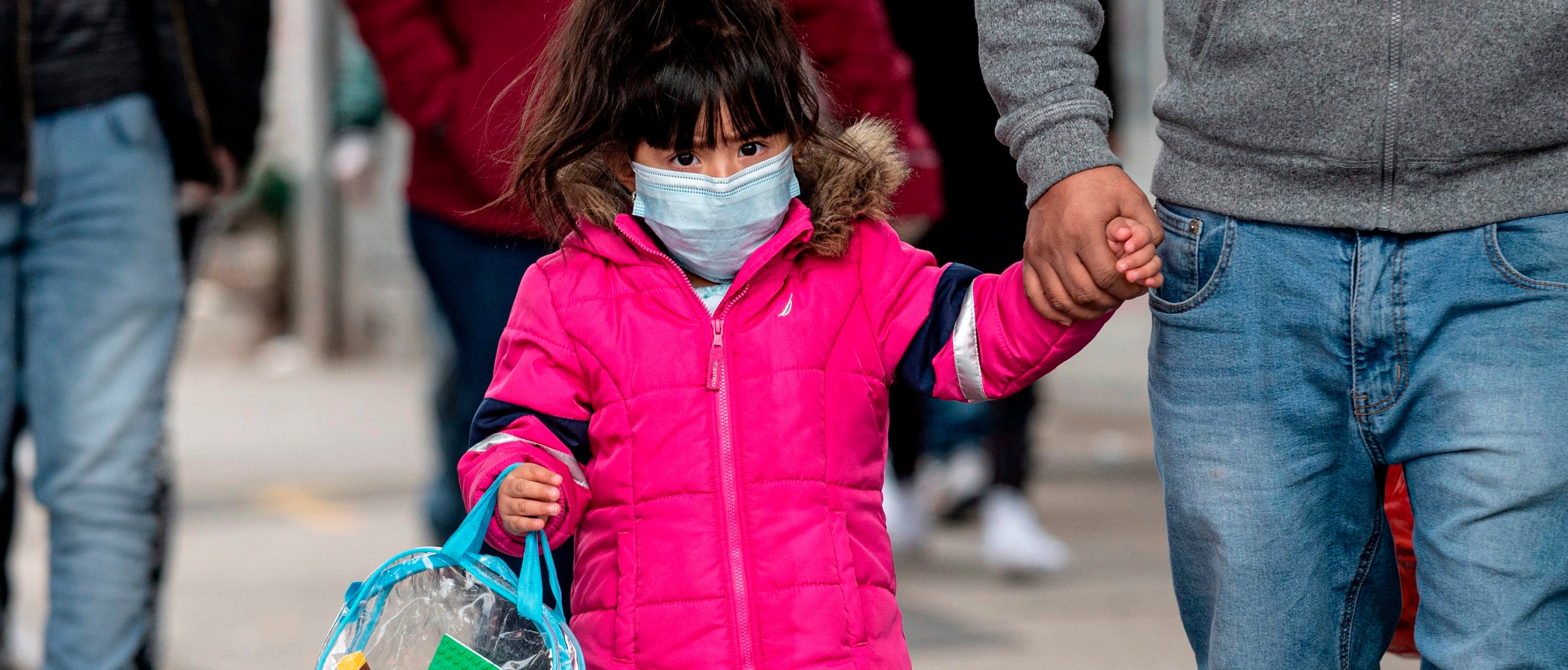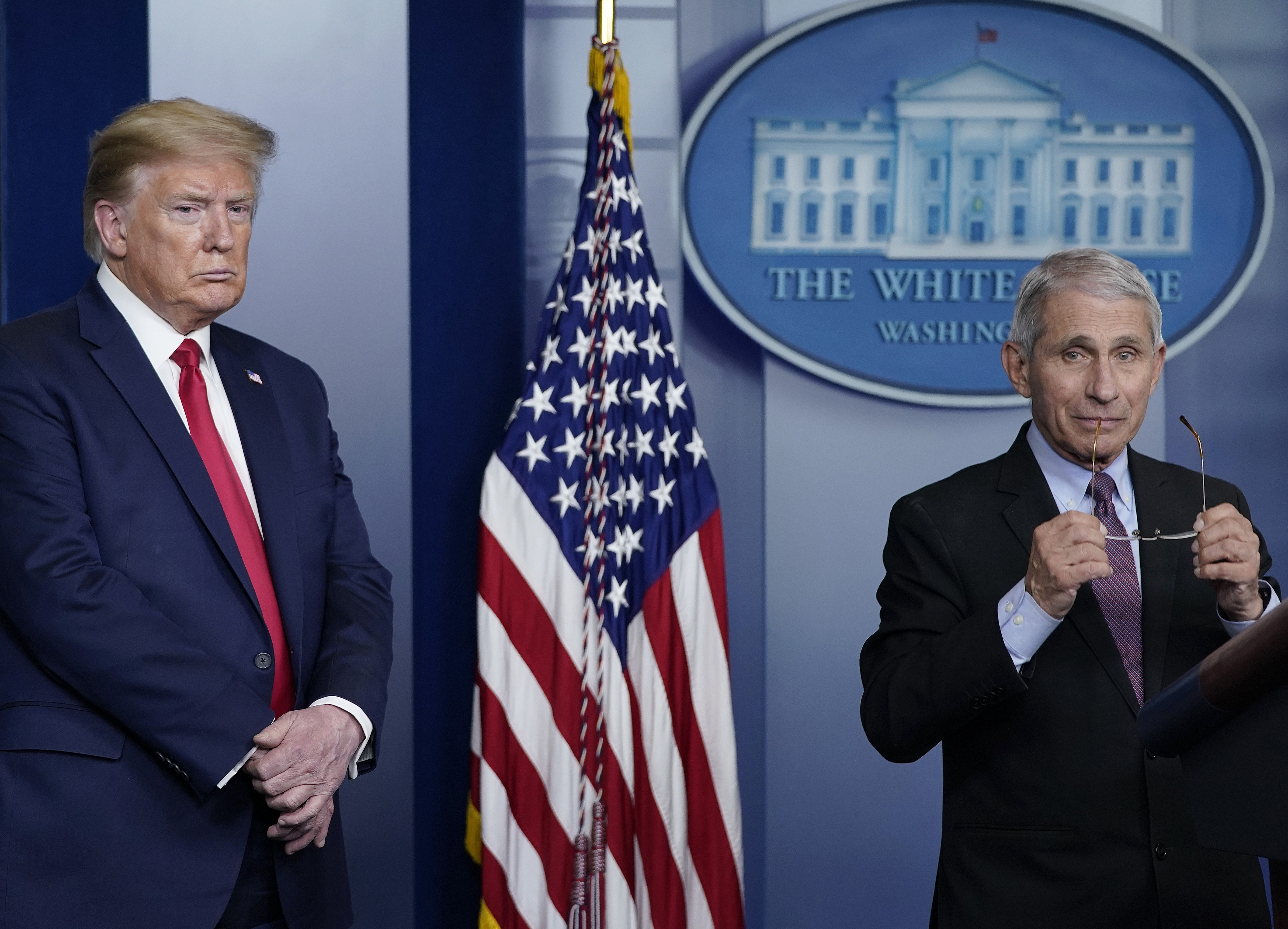More than 14,000 healthy people in the U.S. and around the world are reportedly willing to be infected with coronavirus in the search for a vaccine.
They are volunteers for a “human challenge trial,” an extreme method used to validate vaccinations through intentional infection, NBC News reported Sunday.

A girl, wearing a mask, walks down a street in the Corona neighborhood of Queens on April 14, 2020 in New York City. (Photo by JOHANNES EISELE/AFP via Getty Images)
The study is being independently organized by the 1Day Sooner advocacy group.
There is no cure or vaccine yet available for the COVID-19 virus, which has ravaged the world and caused deaths of more than 270,000 people.
“It’s not every day we give a healthy individual an exposure to a pathogen — the very same thing doctors are trying to protect people from,” Dr. Nir Eyal, director of the Center for Population-Level Bioethics at Rutgers University, told NBC News. “But it becomes increasingly clear [that] the only sustainable exit from the current health and societal crisis is a vaccine, and there are ways to conduct such a trial that are perfectly ethical.” (RELATED: A Coronavirus Vaccine Is In The Works, But How Long Until It Reaches The Public?)
A vaccine can entail years of study. If judged to be promising, any vaccine will then require human testing to be validated. Some prominent epidemiologists are encouraging human challenge studies to move the process at a faster pace, NBC notes.
The Trump administration has expressed its desire to find a vaccine as quickly as possible.
President Donald Trump is reportedly encouraging a German biotech company to relocate to the U.S. and complete its work on a coronavirus vaccine. The president reportedly discussed that possibility at a March 2 meeting with the executives at CureVac, including chief executive Daniel Menichella.

Dr. Anthony Fauci (R), director of the National Institute of Allergy and Infectious Diseases, and U.S. President Donald Trump participate in the daily coronavirus task force briefing at the White House on April 22, 2020 in Washington, D.C. (Photo by Drew Angerer/Getty Images)
Trump has also reportedly authorized a Manhattan Project-style group to fast-track the discovery of a vaccine. The group of government, military and pharmaceutical experts is known as “Operation Warp Speed” and is working to find a vaccine in a shorter time than the best-case scenario of 12-18 months estimated by Dr. Anthony Fauci, chief medical advisor on the White House coronavirus task force.
The group is hoping to have 100 million vaccine doses ready for injection by the end of this year. (RELATED: 81.7% Of People Say They’ll Go To A Sporting Event Without A Coronavirus Vaccine)
A “human challenge” trial for a disease that cannot be cured is not something that the U.S. Food and Drug Administration (FDA) has authorized in the past.
“I definitely think it’s going to be pursued,” Dr. Matthew Memoli, director of clinical studies at the Laboratory of Infectious Diseases at the National Institutes of Health told NBC News. “So many things could change, but I think it’s likely we could see one at some point in the future.”


